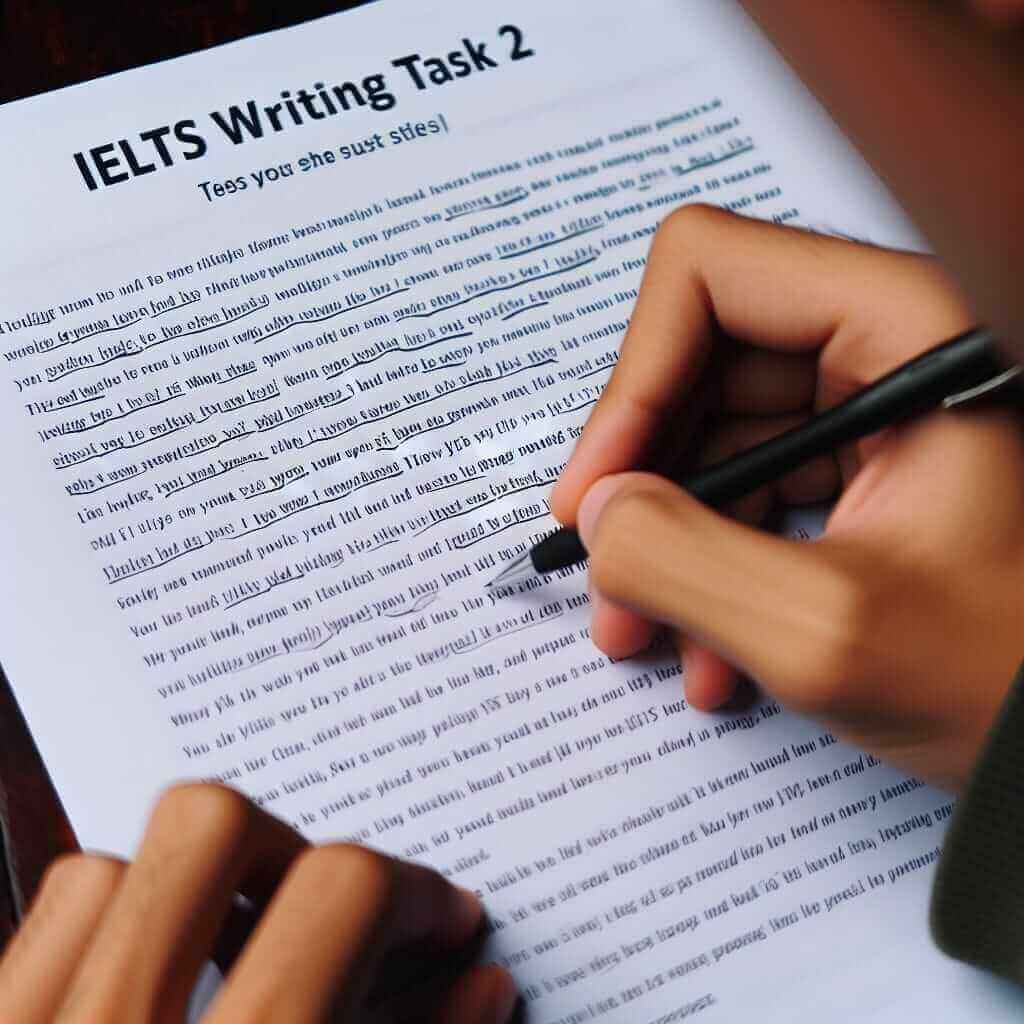“Concerning” is a versatile word that often pops up in academic writing and IELTS. It’s a more formal way of saying “about” or “regarding,” and understanding its nuances can significantly enhance your writing score.
Here are some examples of how “concerning” can appear in different sections of the IELTS exam:
Writing Task 2:
- “Discuss the advantages and disadvantages of government policies concerning environmental protection.” (Here, “concerning” introduces the specific area of government policies being discussed).
Reading Passage:
- “The article raises concerns concerning the impact of social media on mental health.” (In this context, “concerning” signals the topic of the concerns raised).
Listening Section:
- You might hear a speaker say, “And concerning the budget for this project…” (The speaker uses “concerning” to shift the focus to a new topic).
Let’s delve deeper into how to use “concerning” effectively for IELTS success.
Understanding “Concerning” and its Synonyms
Meaning and Usage
“Concerning” acts as a preposition, indicating a connection between the information that precedes it and the information that follows. It helps you sound more sophisticated and academic in your writing and speaking.
Here’s a breakdown:
- Formal Synonym for “About”: Instead of saying “The report is about climate change,” you can write “The report is concerning climate change.”
- Introducing a Topic: You can use “concerning” to smoothly transition to a new subject: “Concerning the upcoming elections, public opinion remains divided.”
LSI Keywords and Phrases
To showcase a wide range of vocabulary, familiarize yourself with these synonyms and related phrases:
- Regarding
- With regard to
- In regard to
- Pertaining to
- About (less formal)
- On the subject of
- In relation to
Using these alternatives will demonstrate your lexical resource and avoid repetition, which is crucial for achieving a high IELTS score.
Using “Concerning” in IELTS Writing
“Concerning” is particularly helpful in IELTS Writing Task 2, where you need to express your ideas in a clear and organized manner.
Topic Sentences
“Concerning” is ideal for crafting strong topic sentences that signal the main idea of a paragraph:
- “Concerning the issue of traffic congestion, several solutions have been proposed.”
Introducing Evidence or Examples
You can also use “concerning” when introducing evidence or examples to support your arguments:
- “Concerning the benefits of exercise, studies have shown that it can reduce stress and improve sleep quality.”
 IELTS Writing Example
IELTS Writing Example
Formal Letters (General Training)
In General Training Task 1, if you’re writing a formal letter, “concerning” can be used to state the reason for writing:
- “Dear Sir/Madam, I am writing concerning the job advertisement I saw in the local newspaper.”
Common Errors and How to Avoid Them
-
Incorrect Preposition Use: Remember that “concerning” is a preposition, so it should be followed by a noun, noun phrase, or a gerund (-ing form of a verb).
- Incorrect: The report is concerning about pollution.
- Correct: The report is concerning pollution.
-
Overuse: While “concerning” is a great word, don’t overuse it. Vary your language using the synonyms we discussed earlier to keep your writing interesting and natural.
-
Informal Context: Be mindful of the tone. “Concerning” is best suited for formal writing or speaking situations. In casual conversation, “about” is usually more appropriate.
Conclusion
Mastering the use of “concerning” and its synonyms will undoubtedly elevate your IELTS writing and speaking. Remember to use it appropriately in formal contexts, introduce topics effectively, and avoid common errors. By expanding your vocabulary and practicing these tips, you’ll be well on your way to achieving your desired IELTS score!


